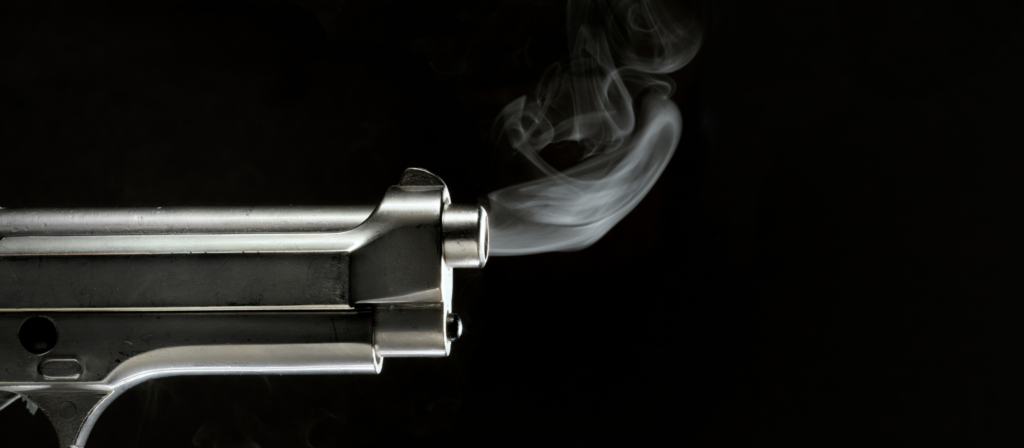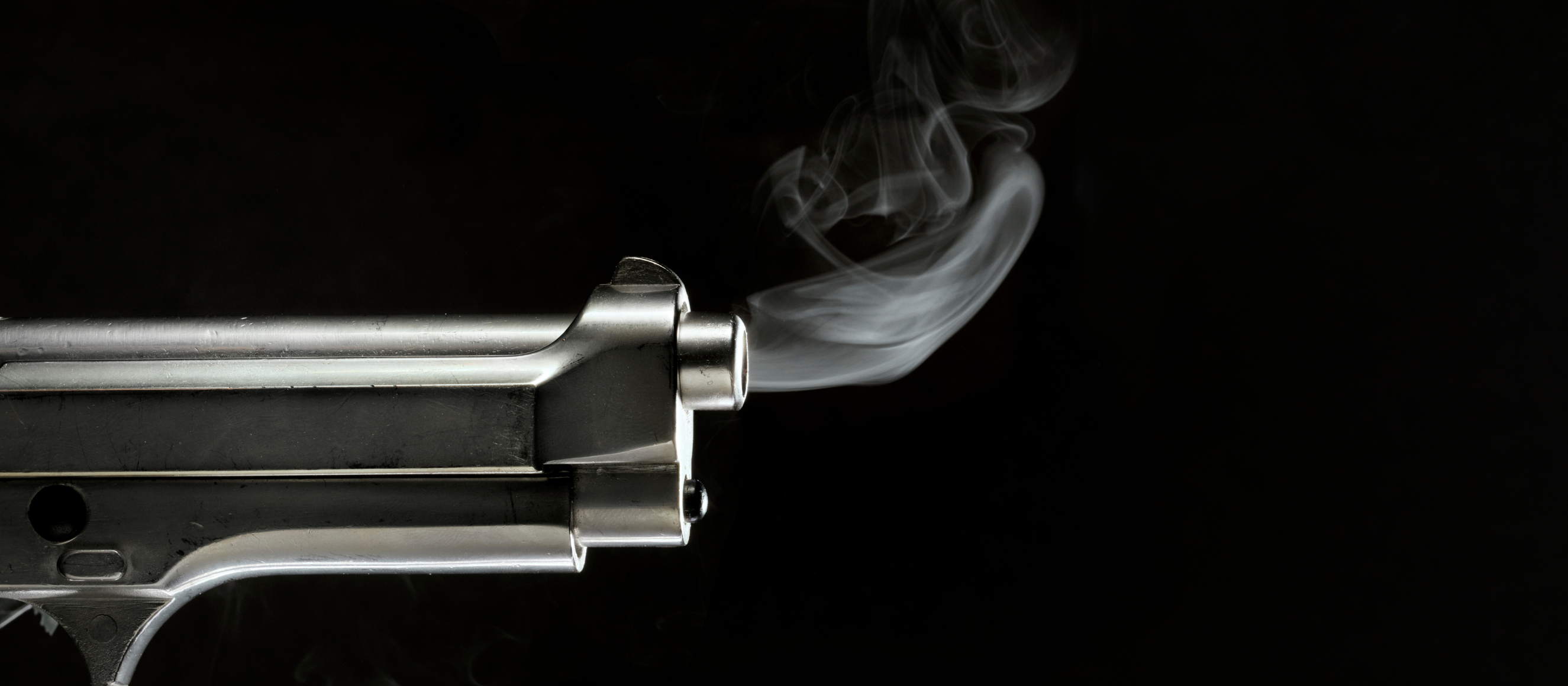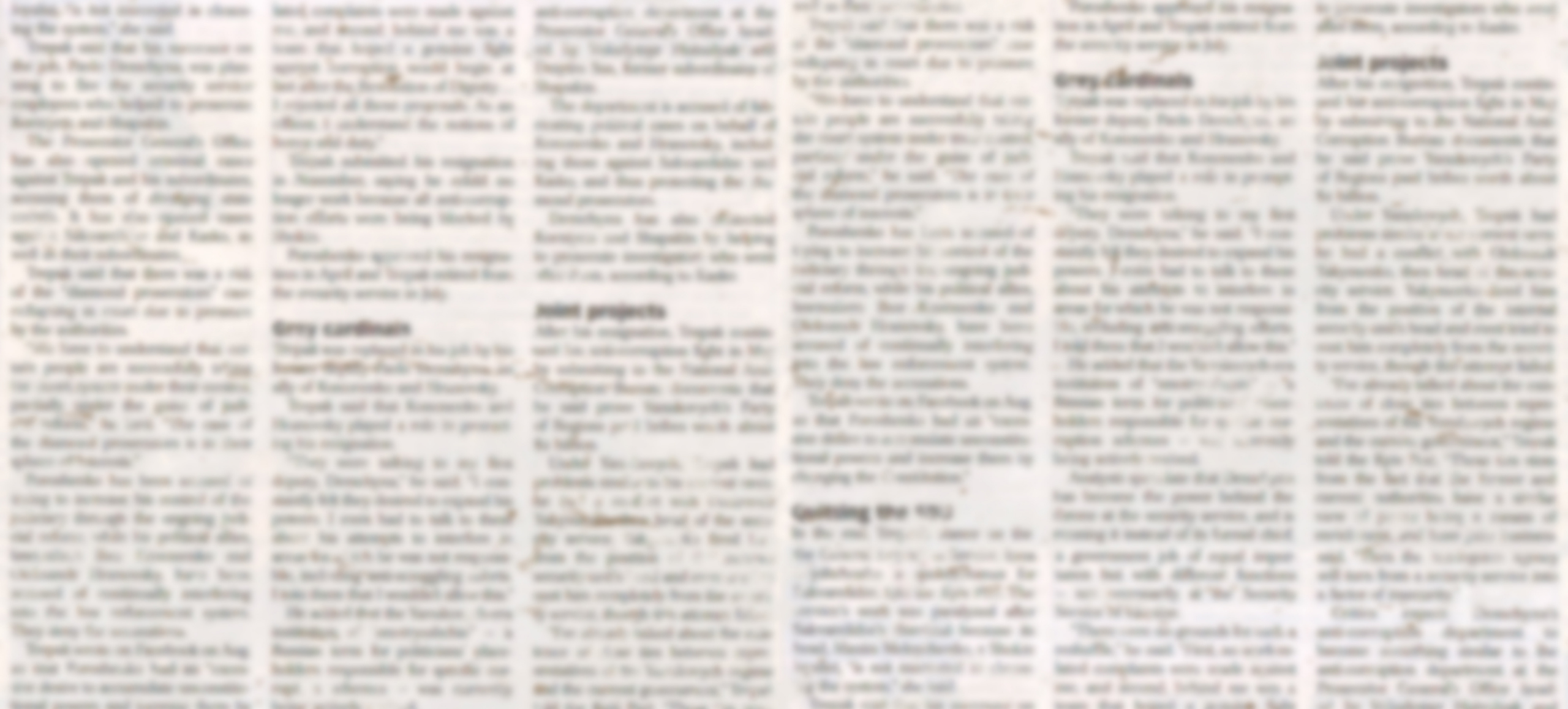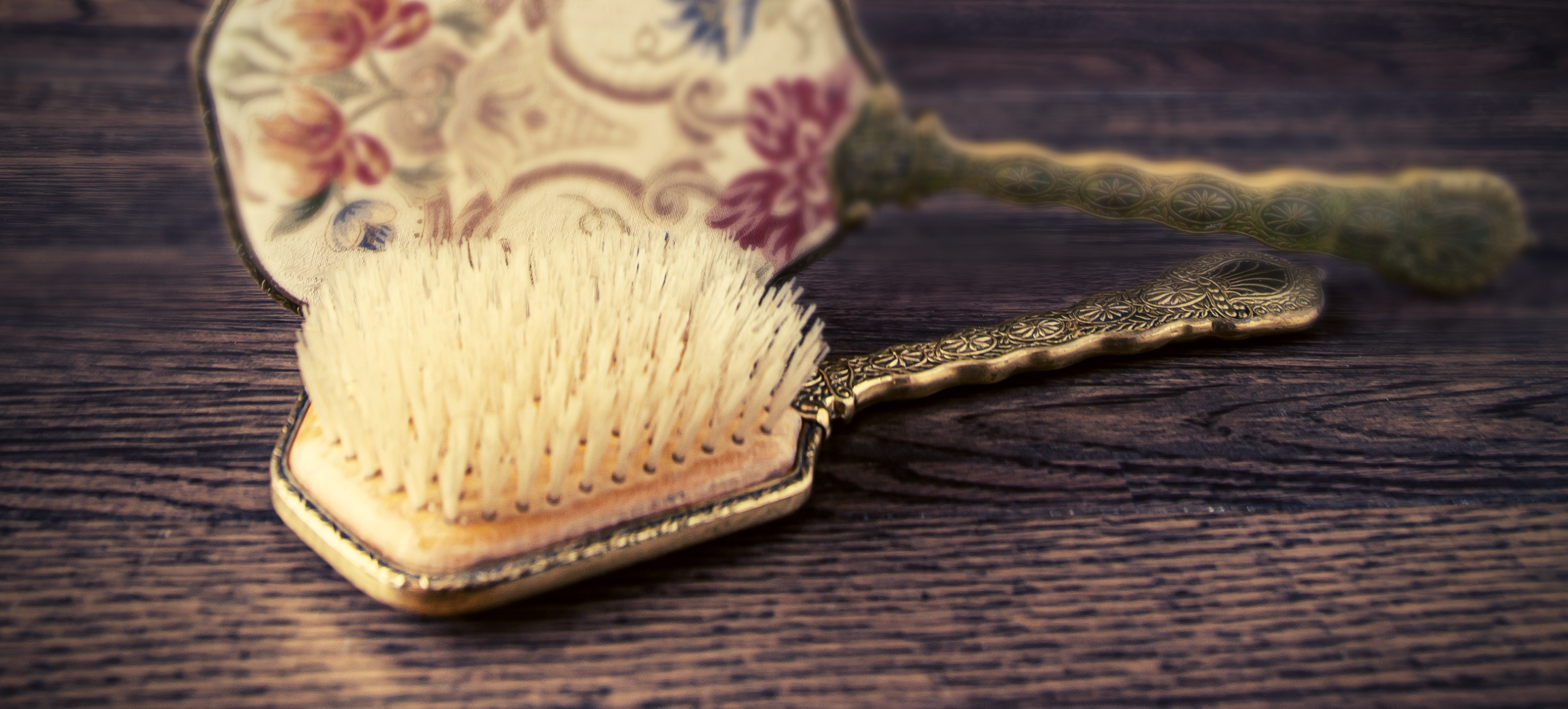By Michael Henry

GUN ENCOUNTERS A TRIBE OF WILD ARCTIC MONKEYS IN TEXAS
1.
They’re out of place here.
He sees it in their eyes,
in the way they move:
wary, almost drunk.
Could be he’s merely projecting.
2.
He wants to know them,
own them.
He watches them. They watch him.
We could never
be friends, he thinks.
3.
Though he would
take their friendship
in a hot second.
He would be a loyal
lullaby guy.
4.
Afternoons, the monkeys are
chill, even when the heat
presses upon them.
They sit as if
in zazen.
5.
Gun tries
to meditate too
but has a hard time
clearing the chambers
of his mind.
6.
The monkeys ambulate on all fours
and occasionally on twos.
They climb the bracken and know
to avoid the cacti,
X-Acto knife foliage.
7.
The arctic monkeys pace in small circles,
waiting for Gun to do something,
or for the day to end.
Either way,
it’s the same.
8.
Gun dozes in the crook of a tree.
A young monkey grabs his stock and
absently pulls the trigger.
No body gets hurt.
Everyone concurs: that was really fun.
9.
Theirs is a hierarchy.
The big one is boss. Obviously.
Some younger ones crave
the boss-place, but they will
get nothing for their troubles.
10.
Gun can see himself
using himself
to keep a leadership position secure,
whomp and wallop.
If only he were an arctic monkey in Texas.
11.
Or an actual human person.
GUN WONDERS ABOUT ENTERTAINMENT
Gun doesn’t believe in anything
but he sees lots of things
on his big, bright, screaming
flatscreen. Images shiver,
a thousand and a thousand,
all day long.
He is in lots of them.
Black, silver, he glistens,
pure manhood.
Those bitter crackling
detonations, those blooms
of red, those torn bodies.
Gun doesn’t believe in anything
but he sees lots of things:
he sees himself onscreen.
Gun doesn’t believe
in anything
but himself and his lavish fame.
GUN’S DE-EVOLUTION
From so simple a beginning endless forms most beautiful
and most wonderful have been, and are being, evolved.
—Charles Darwin
That summer, Gun had a girl.
They rode cruiser-bikes and held
hands all the time. Their kisses
were swoony, wry, wet and dry.
When fall came, she grew rigid
And he, aloof. Say something,
she’d beg. He’d merely shrug like
a scared idiot.
When they
finally broke up, he got all
misty. He took her face in
his hands and said, I’ll always
love you, ya know.
She punched him
in the gut and kicked him hard
in the balls. Too late, you’re too late,
she said. Gun crawled away
to his flophouse, his spine
curving inward, a timid,
beat dog.
Months passed, then a year.
Gun shed his skin, he grew scales,
his blood turned cold. He lost
distinction between dorsal
and ventral, all his superb
genes and sperm mutating back
down, ancient.
Can you see him?
Slithering to the sea’s edge,
through the ooze and the muck,
lungs deflated, vestigial.

Michael Henry is the co-founder and Executive Director of Lighthouse Writers Workshop, an independent literary center located in downtown Denver. His poetry and nonfiction have appeared in places such as 5280 Magazine, Georgetown Review, Threepenny Review, Pleiades, Copper Nickel, and The Writer, and he’s published two books of poetry, No Stranger Than My Own and Active Gods.
Why we chose this piece: Michael examines American gun culture and masculinity in a damn clever way, and we love how he plays with form differently in each poem. The voice at times almost gives us Don DeLillo vibes?? This concept is just so damn neat.





